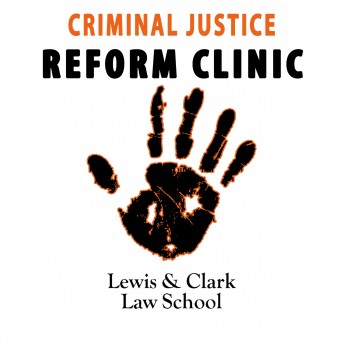Focus on Non-unanimous Juries in Oregon: CJRC Files Amicus Brief
Open gallery

Oregon and Louisiana are the only two states that allow non-unanimous jury verdicts in felony trials.
This could be tested if the US Supreme Court accepts a case challenging a similar law in Louisiana. The decision to hear the case (or not) is expected Monday September 25, 2017.
Weighing in on this outlier rule are the students of Lewis & Clark’s Criminal Justice Reform Clinic through a friend-of-the-court brief. In three hectic weeks, first year law students Stacie Damazo, Jonny Gersten and Maxwell Evans, working with professor Aliza Kaplan, researched, wrote and filed the brief. They are anxiously awaiting to hear if their work will help affect nationwide change.
The introduction of the amicus curiae brief reads, “The history and current application of the non-unanimous jury provision in Oregon perpetuates racial disparity at each phase of the criminal justice system,and the CJRC is deeply concerned that Oregon cannot overcome the disparity while the provision is in place.”
Because the still controversial non-unanimous jury rule is part of Oregon’s Constitution, as it was voted in by ballot measure in 1934, it can only be invalidated by the U.S. Supreme Court declaring it unconstitutional or through a ballot measure that would remove it from the State Constitution.
For more information, visit the CJRC project web page.
Law Communications is located in room 304 of Legal Research Center (LRC) on the law Campus.
MSC: 51
email jasbury@lclark.edu
voice 503-768-6605
Cell: 626-676-7923
Assistant Dean,
Communications and External Relations, Law School
Judy Asbury
Law Communications
Lewis & Clark Law School
10101 S. Terwilliger Boulevard MSC 51
Portland OR 97219

